Launched in 2017, the Climate-Smart Lending Platform (CSLP) aims to assist agricultural lenders to incorporate climate risk into their loan portfolios, and thus drive the adoption of climate-smart agriculture by smallholders. Today, most agricultural loans fail to price in negative externalities linked to unsustainable farming practices. Additionally, there is often very little data to assess investments into smallholder farmers, making it difficult to invest in them. The CSLP tries to address both of these problems by aiming for mainstream credit scores that are linked to climate-smart agricultural practices. This provides smallholders with a climate credit score, which is expected to drive sustainable land-use practices and increase climate resilience of both farmers and lenders.49
The CSLP platform includes three key tools: climate-smart credit products and process designs; a climate-smart credit scoring tool; and an environmental compliance monitoring tool. Credit scores will be based on sustainable farming practices, incentivising their uptake by farmers. The platform will provide lenders with plug-in credit scoring technology. Furthermore, the platform will use remote sensing to cross-reference the creditworthiness of borrowers located in difficult areas (compliance monitoring). Lastly, the platform will be able to provide early warning systems for credit and climate-related loan defaults to lenders.50
In addition to the original initiators – F3 Life, Financial Access, IUCN, and the Climate Policy Initiative’s Global Innovation Lab for Climate Finance – the platform is supported by Partnerships for Forests to set up a minimum viable product (MVP) that offers a solution which is replicable and scalable, aiming to enable access to climate smart finance for large numbers smallholders at low costs and manageable risk for loan providers. The Sophia Foundation has contributed funding in exchange for equity, alongside its support to incubate the F3 Life component of the platform. With IUCN support, the national Rwandan climate fund intends to assist the project in Rwanda. Furthermore, the Netherlands Foreign Trade and Development Cooperation is also providing support.51
The platform aims to convert and restore 1.5 million hectares of land by 2026 through climate-smart practices. This is predicted to improve the livelihoods of 1 million farmers, by increasing farmers’ yields by two to four times under extreme weather conditions compared to business-as-usual practices.52
49 Poland Katowice. 2018. ‘Climate-Smart Lending Platform: New Partnership Offers Technology and Data-Driven Solutions for Climate-Resilient Agri-Lenders and Farmers in East Africa’. Partnerships for Forests. 12 December 2018. https://partnershipsforforests.com/2018/12/12/climate-smart-lending-platform-new-partnership-offers-technology-and-data-driven-solutions-for-climate-resilient-agri-lenders-and-farmers-in-east-africa/.
50 Poland Katowice. 2018. ‘Climate-Smart Lending Platform: New Partnership Offers Technology and Data-Driven Solutions for Climate-Resilient Agri-Lenders and Farmers in East Africa’. Partnerships for Forests. 12 December 2018. https://partnershipsforforests.com/2018/12/12/climate-smart-lending-platform-new-partnership-offers-technology-and-data-driven-solutions-for-climate-resilient-agri-lenders-and-farmers-in-east-africa/.
51 ‘Climate-Smart Lending Platform in New Partnership with Partnerships for Forests (P4F)’. 2018. The Global Innovation Lab for Climate Finance. 12 December 2018. https://www.climatefinancelab.org/news/climate-smart-lending-platform-in-new-partnership-with-partnerships-for-forests-p4f/
52 Ibid.

